WILMINGTON, N.C. (WECT) — August 28, 1963, remains one of the most pivotal dates in American history. On that day, hundreds of thousands gathered for the March on Washington for Jobs and Freedom, a demonstration that reshaped the trajectory of the civil rights movement. Sixty-two years later, the legacy of that historic march continues to inspire communities across the nation.
A Wilmington Resident Who Witnessed History
Among those who made the journey to Washington that summer was Dr. Hebert Harris of Wilmington. As a young man, he remembers the uncertainty and warnings that surrounded the event.
“In 1963, all of our parents told us don’t go; it’s going to be dangerous, scary, and it was,” Dr. Harris recalled. “As a young man in those days, it was a desire to be a part of that action.”
Defying the fears of their families, Dr. Harris and many others felt a responsibility to stand up against injustice and be part of a movement demanding change.
Demanding Fairness and Opportunity
The March on Washington focused heavily on economic justice and fair employment opportunities for African Americans. Activists called for an end to workplace discrimination and for equal access to jobs that had long been denied.
Dr. Harris believes the march succeeded because of its ability to unite diverse groups behind a shared cause.
“The March on Washington represented the coming together of different groups,” he explained. “It worked because white people and Black people of good conscience were able to work together.”
From Protest to Policy
The march was not only a symbolic show of solidarity; it also carried significant political weight. Its purpose was to put direct pressure on Congress to act on civil rights legislation.
That pressure paid off. Within a year, Congress passed the Civil Rights Act of 1964, which prohibited racial discrimination in employment and public accommodations. The momentum continued with the Voting Rights Act of 1965, which outlawed discriminatory voting practices that had suppressed Black voters for decades.
These legislative victories became cornerstones of the civil rights movement and are widely viewed as direct outcomes of the march and the decades of grassroots activism that preceded it.
The Fight for Justice Continues
Reflecting on the 62nd anniversary, Dr. Harris emphasized that while the country has made profound progress, the work is not finished.
“We have come far in the past few decades, but the fight never stops,” he said. “We must continue to come together with a common vision, inspire younger generations to stand up, and build alliances with faith-based leaders.”
For Harris and many others, the legacy of the March on Washington is not just a story of the past — it is a reminder of the ongoing struggle for equality, unity, and justice.
A Lasting Legacy
As communities across the nation pause to remember the march’s anniversary, its message endures: meaningful change requires courage, solidarity, and persistence. The voices that rang out on the steps of the Lincoln Memorial in 1963 continue to echo today, urging new generations to take up the mantle of justice and equality.

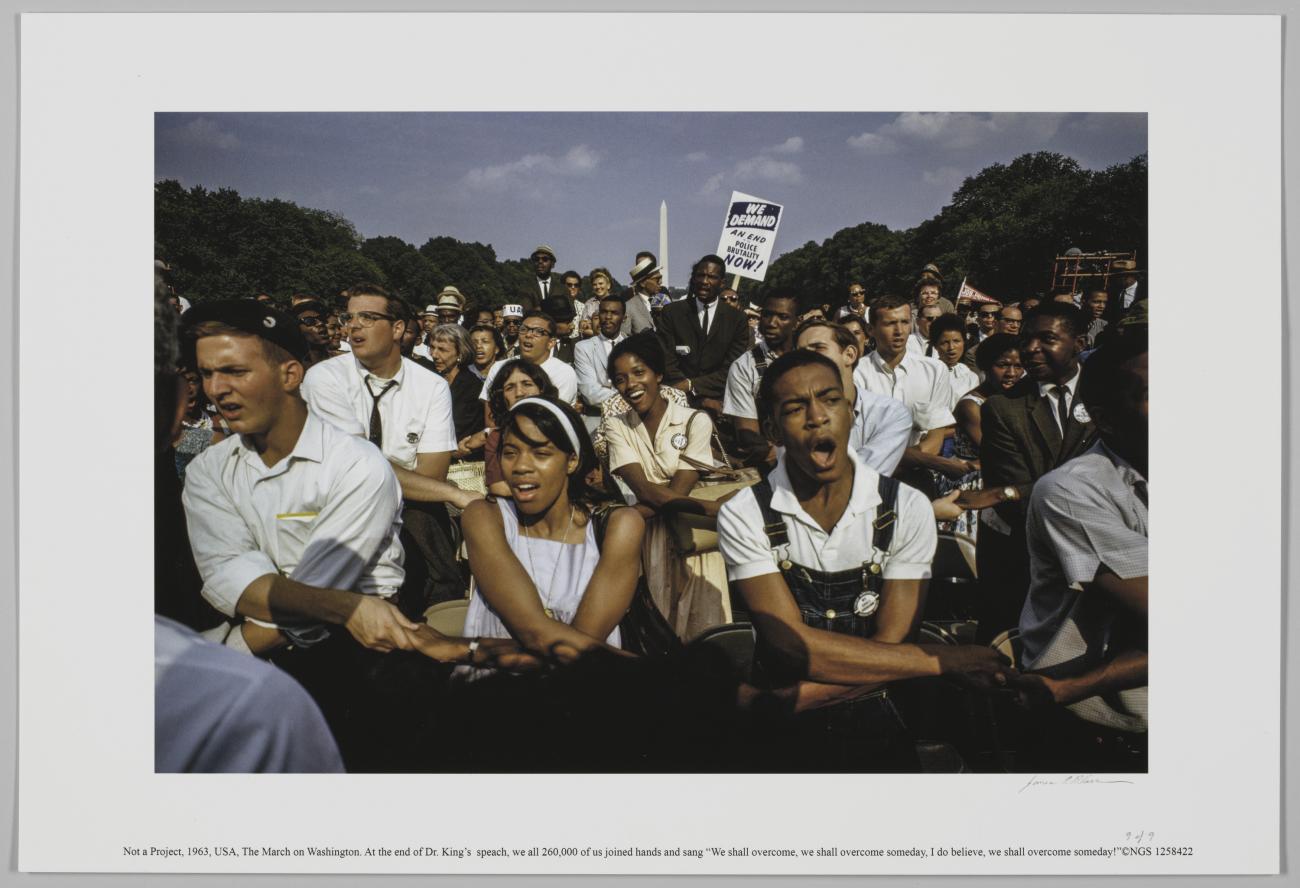
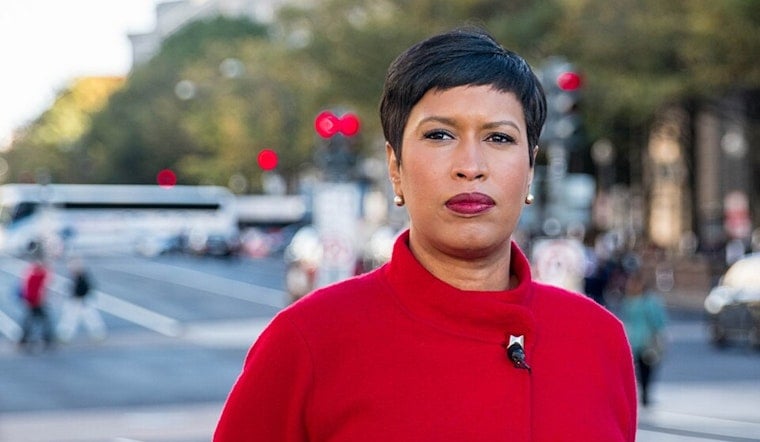
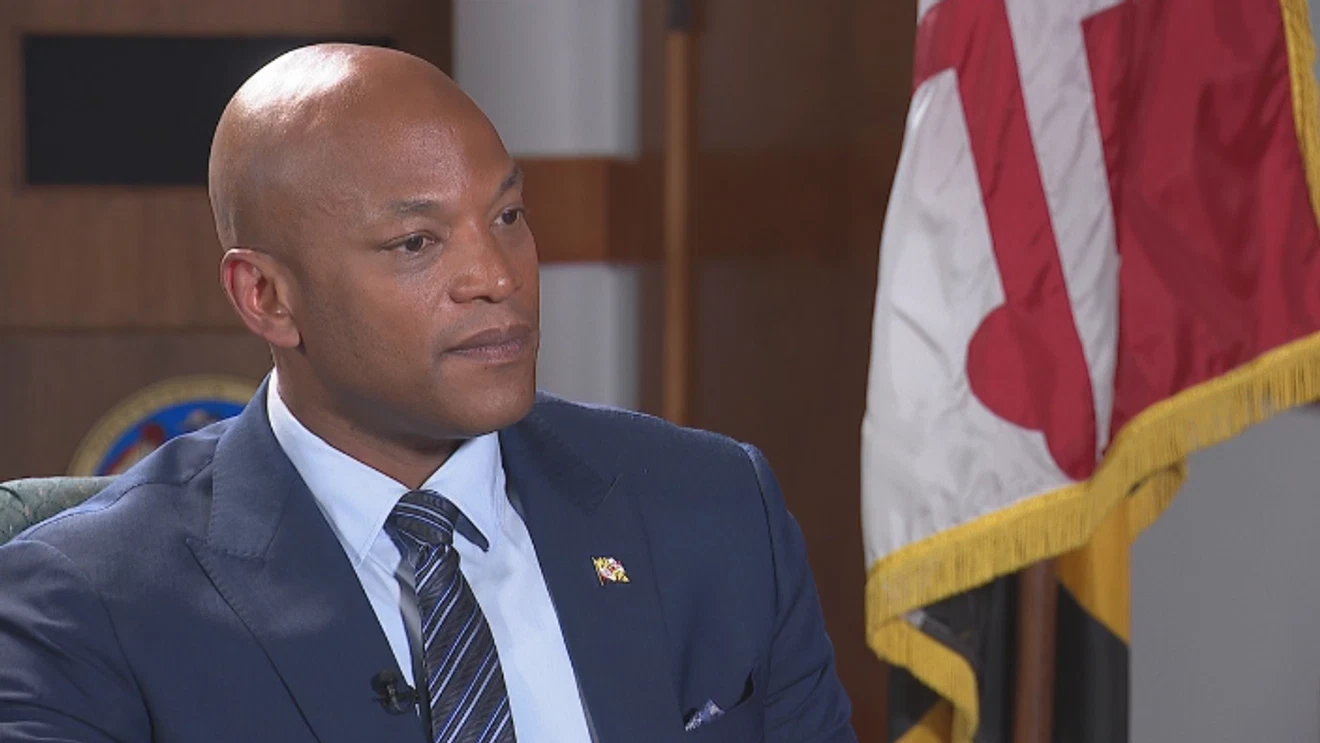

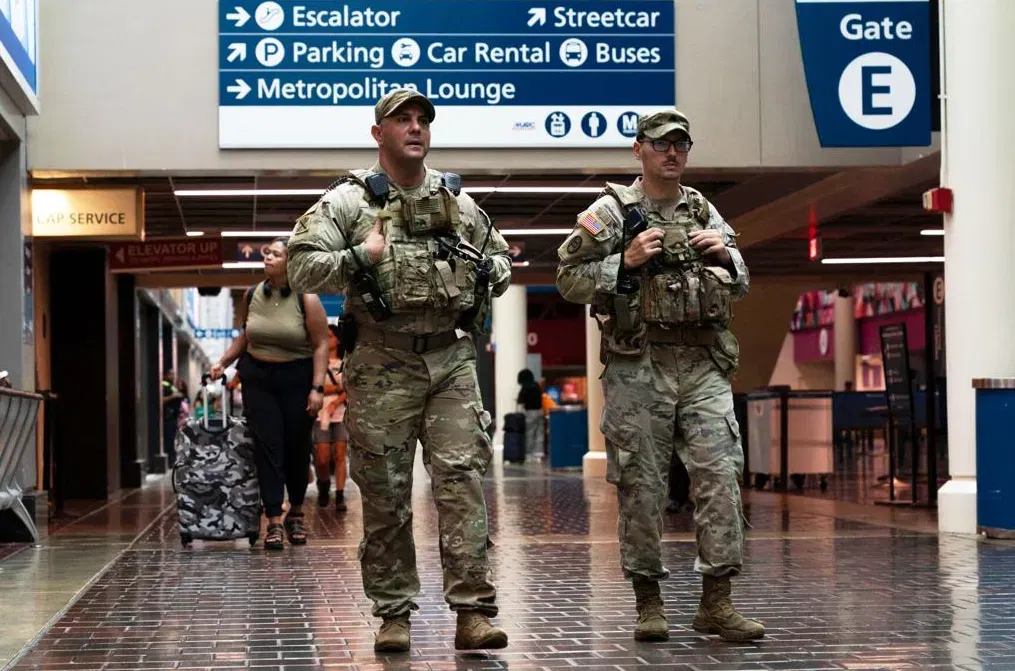
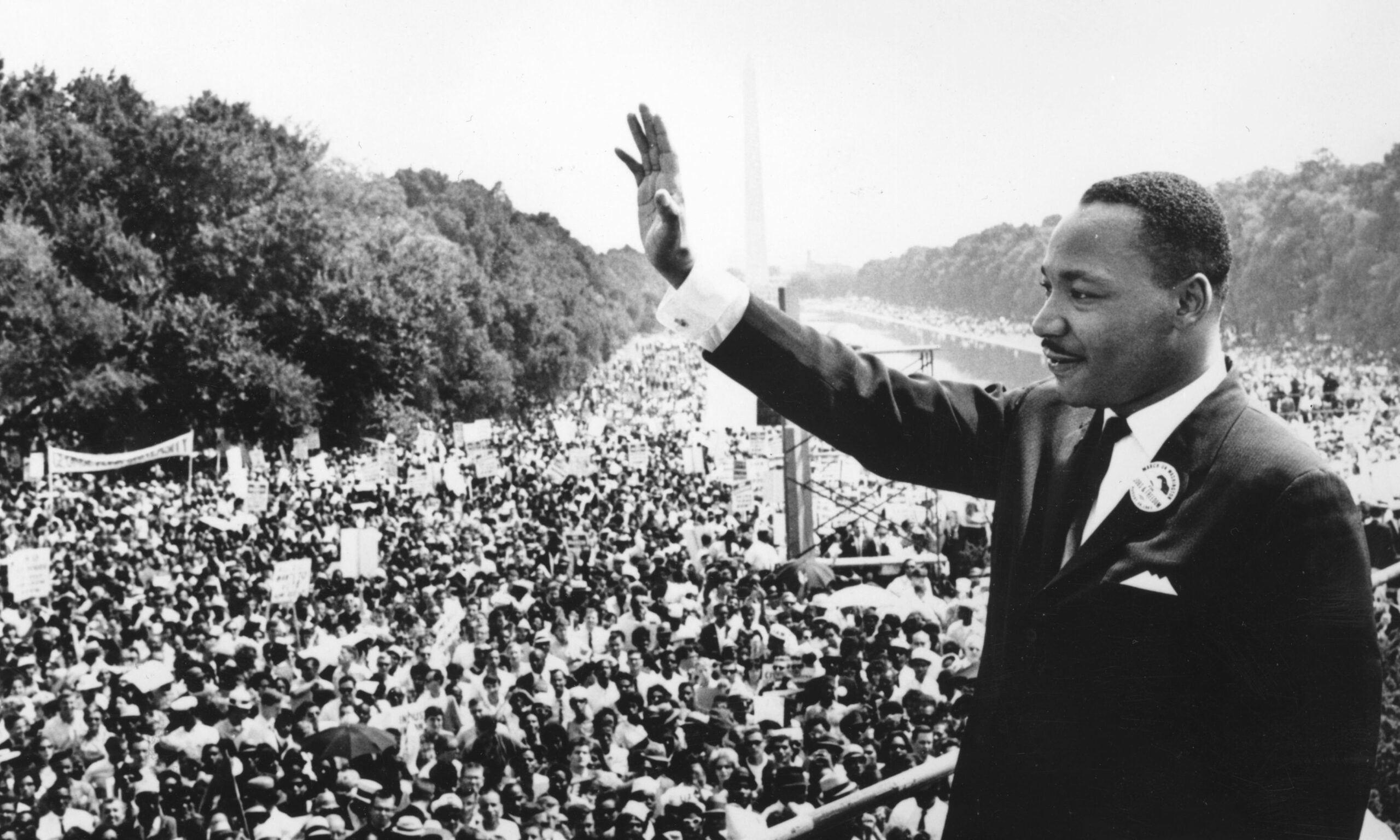

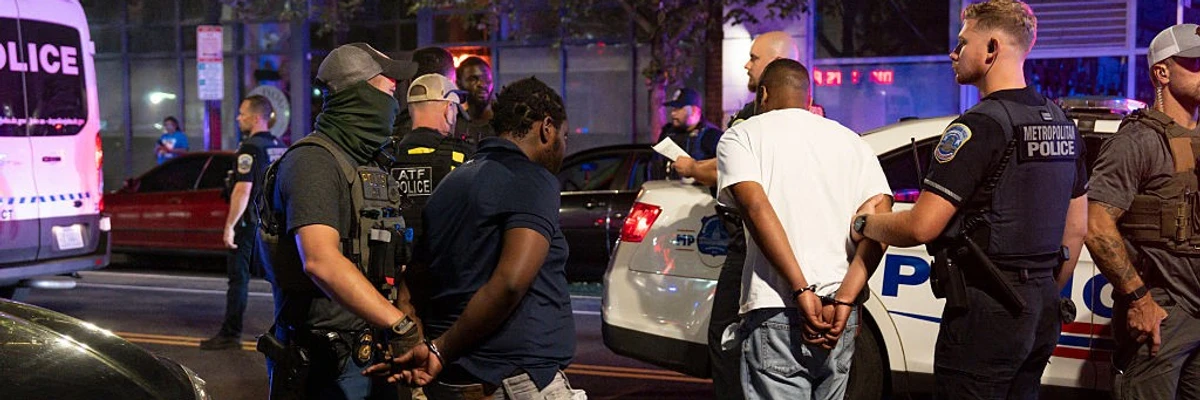
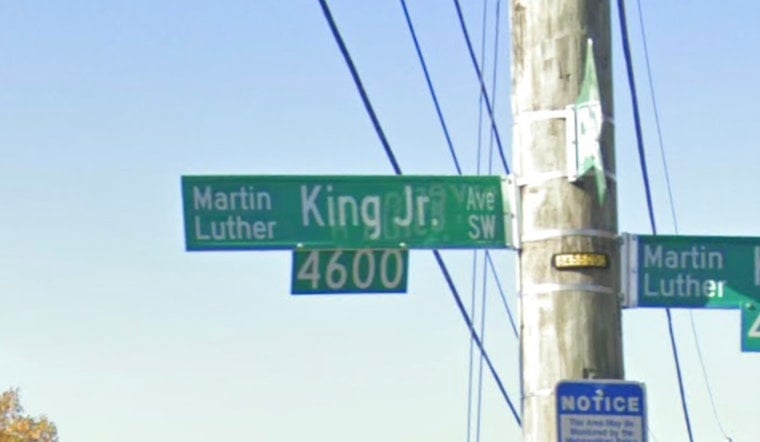

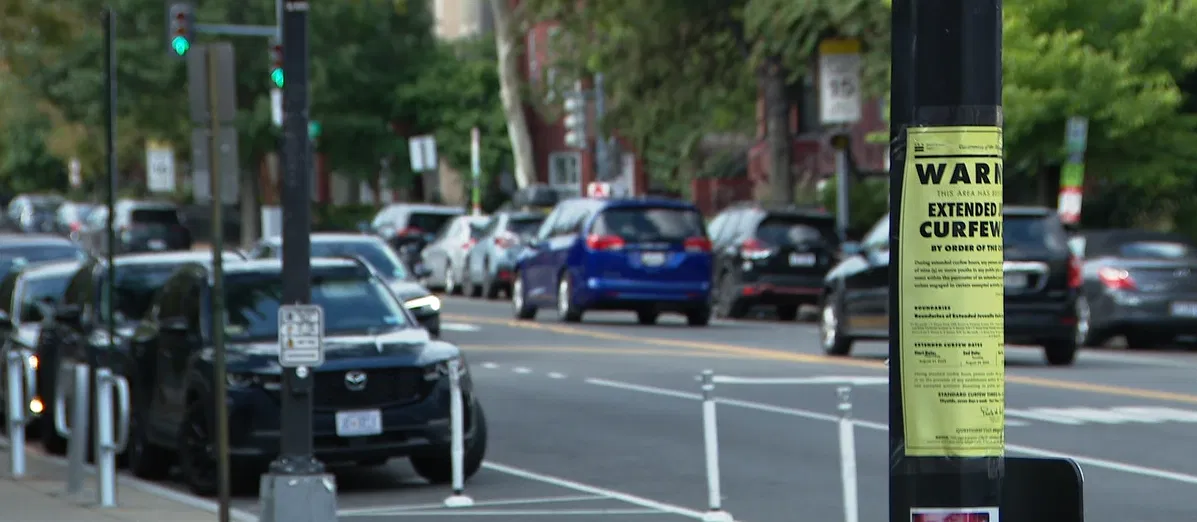
Leave a Reply